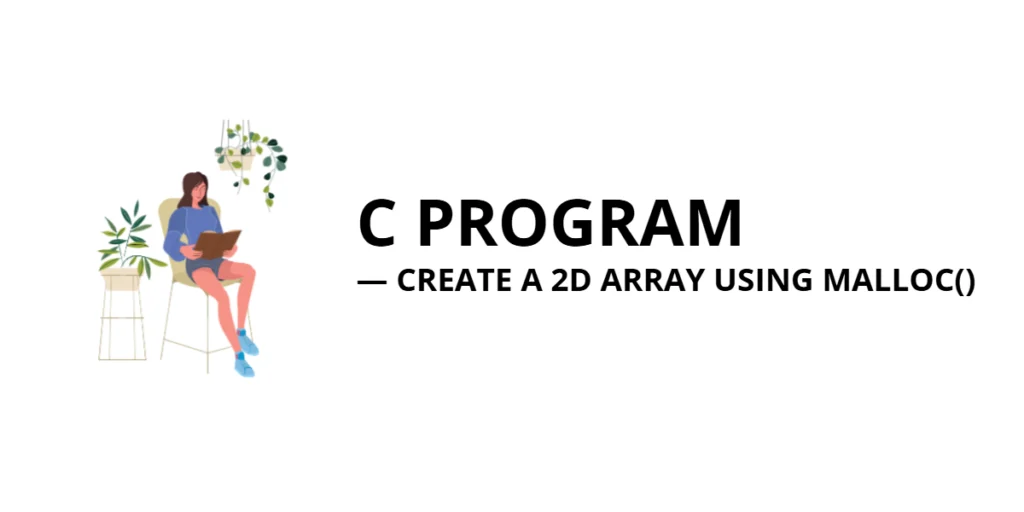C Program to Calculate Volume of Cube
Learning to calculate the volume of a cube is a simple yet important exercise for beginners in C programming. Cubes are one of the most basic three-dimensional shapes, and understanding how to compute their volume introduces beginners to arithmetic operations, variables, and the use of formulas in code. By practicing cube volume calculations, you gain […]
C Program to Calculate Volume of Cube Read More »









